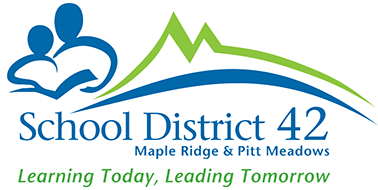Ministry of Education Registration Update:
As per the new Ministry of Education guidelines, starting July 1, 2023 our school will be a District Online School (DOLS). If you are a high school student residing outside of SD42 catchment area, you will need to register for courses at a Provincial Online School (POLS) after April 6, 2023. Information can be found at Online Learning BC. All SD42 high school students within the district catchment area can continue to use CLC Online Learning as their online school. This update does not apply to adult learners.
For further course information, please visit the Western Canadian Learning Network website.


